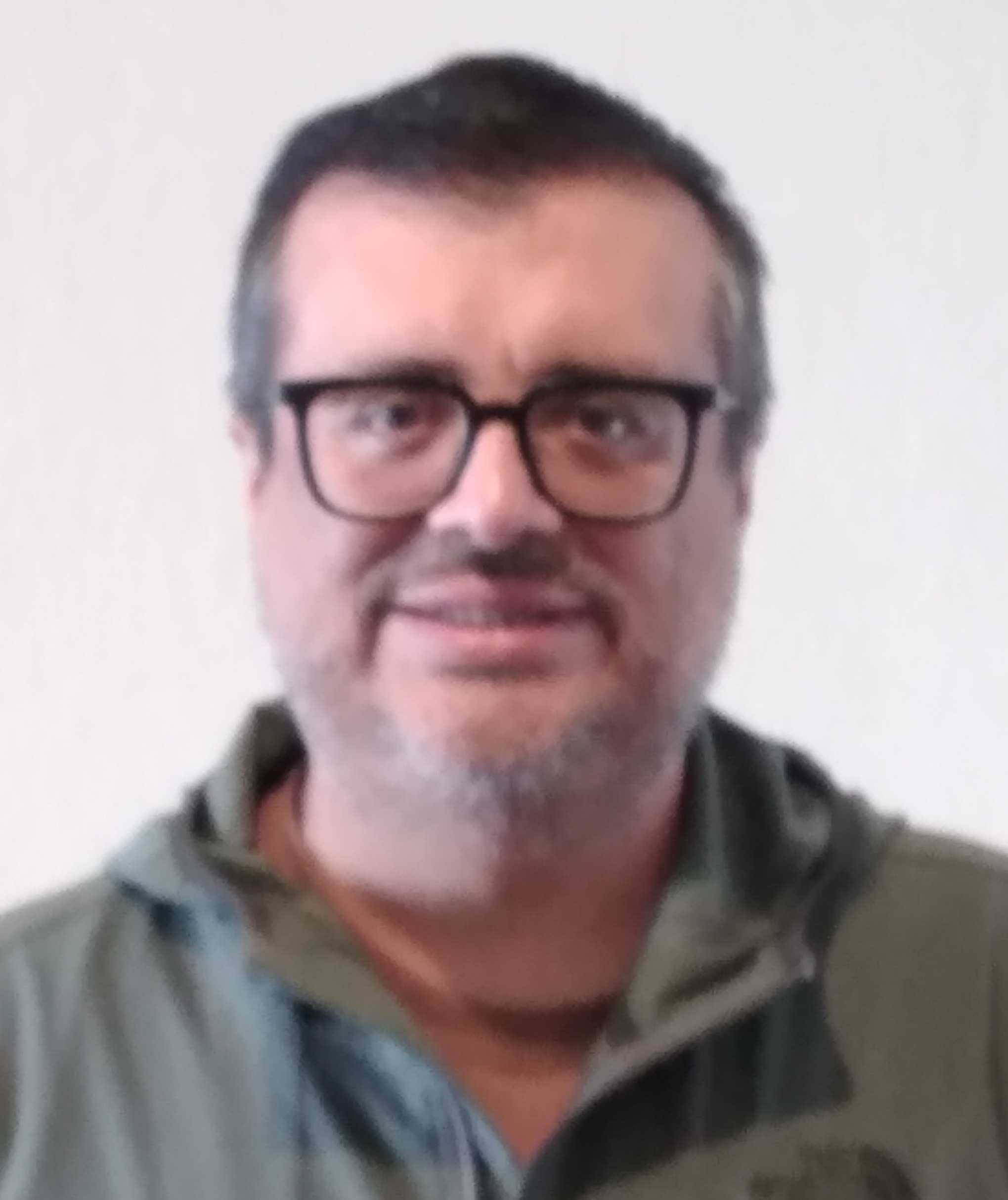Circuits and Systems for Artificial Intelligence
 |
Chair: Dr. Luis Gerardo de la Fraga In this session will be analyzed and proposed new hardware development to solve Artificial Intelligent tasks. We are very interested how to optimize this new developments in the area of Data Science and AI of things (AIoT). |
Topics of interest include (but are not limited to):
- Devices, circuits, and systems in the new era of AI
- Analog/digital devices, circuits, and systems for AI
- Modeling, simulation, optimization, and design automation tools for AI
- Embedded/hybrid hardware and computing for AI
- Speech/video signal processing circuits and systems for AI
- AI circuits and systems for security and cryptography applications
- AI circuits and systems for biomedical, autonomous, and human–machine systems
- Emerging applications of AI
All submission will be peer-reviewed by a panel of international experts.
Contact: Dr. Luis Gerardo de la Fraga, This email address is being protected from spambots. You need JavaScript enabled to view it.
Short Bio: Dr. Luis Gerardo de la Fraga received the BS degree in electrical engineering from the Veracruz Institute of Technology, in Veracruz, Mexico in 1992; he received the MSc degree from the National Institute of Astrophysics, Optics, and Electronics (INAOE), Puebla, Mexico, in 1994; and the PhD degree from the Autonomous University of Madrid, Spain, in 1998. He develop his predoctoral work in the National Center of Biotechnology (CNB) in Madrid, Spain.
Since 2000 he is in the Computer Science Department at the Center of Research and Advanced Studies (Cinvestav), in Mexico City. He research areas include computer vision, application of evolutionary algorithms, applied mathematics, and network security. He is very enthusiastic of open software and GNU/Linux systems.
Dr. de la Fraga has published more than 30 articles in international journals, 6 book chapters, 1 book and more than 50 articles in international conferences. He had graduated 27 MSc and 3 PhD students. He is member of ACM and IEEE societies since 2005.

